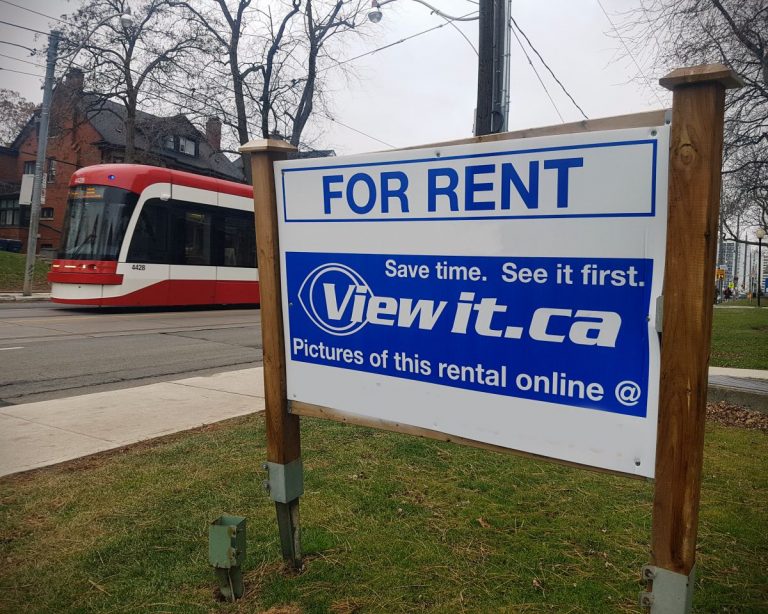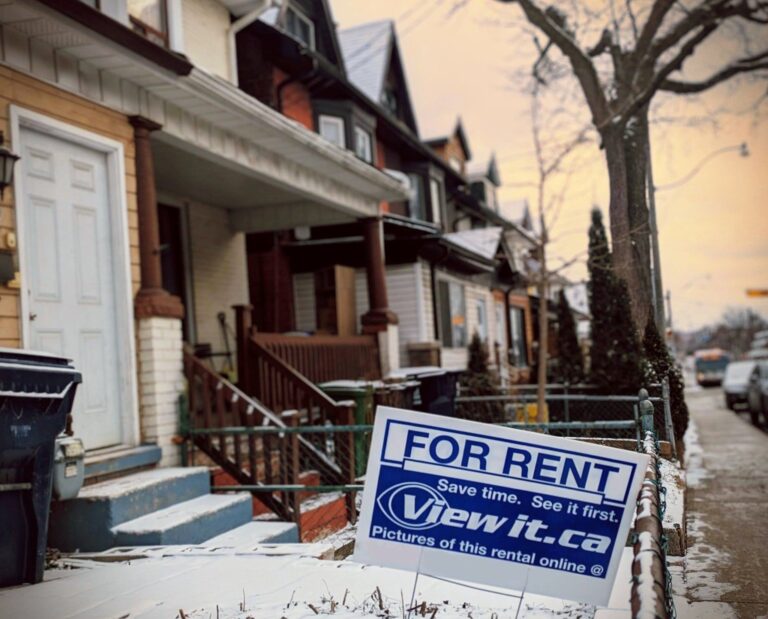Toronto Introduces New Rooming House Laws
New legislation aims to streamline the process for landlords and seeks to ensure tenant safety.
The City of Toronto is revamping its Rooming House rules as a response to recent accidents at rooming houses that were not following the City guidelines. Starting March 31, 2024, all operators of rooming houses will be required to obtain a license from the city. The city hopes to address a myriad of issues regarding unregulated rooming houses that have been a source of problems for neighbours who live near them and the tenants who call them home.







